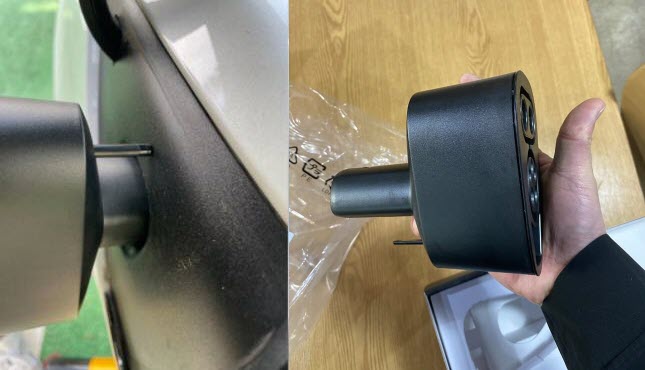moa999
2020 3 SR+ MSM
. If you don't have a house or live in an apartment complex with your own charger, having the CCS adapter is going to make life a lot easier
Exactly my situation in Australia, where I've probably used third party CCS2 chargers (no adapter needed of course) more than Tesla Superchargers as they are closer and more convenient to my usual trips (and in some cases slightly cheaper)
On the flipside most of our public AC chargers are BYO cable (like this EO Universal EV Charging Station | 22 kW | Fast Charger - EVSE Australia) so we need to lug around a Type2-2 cable





